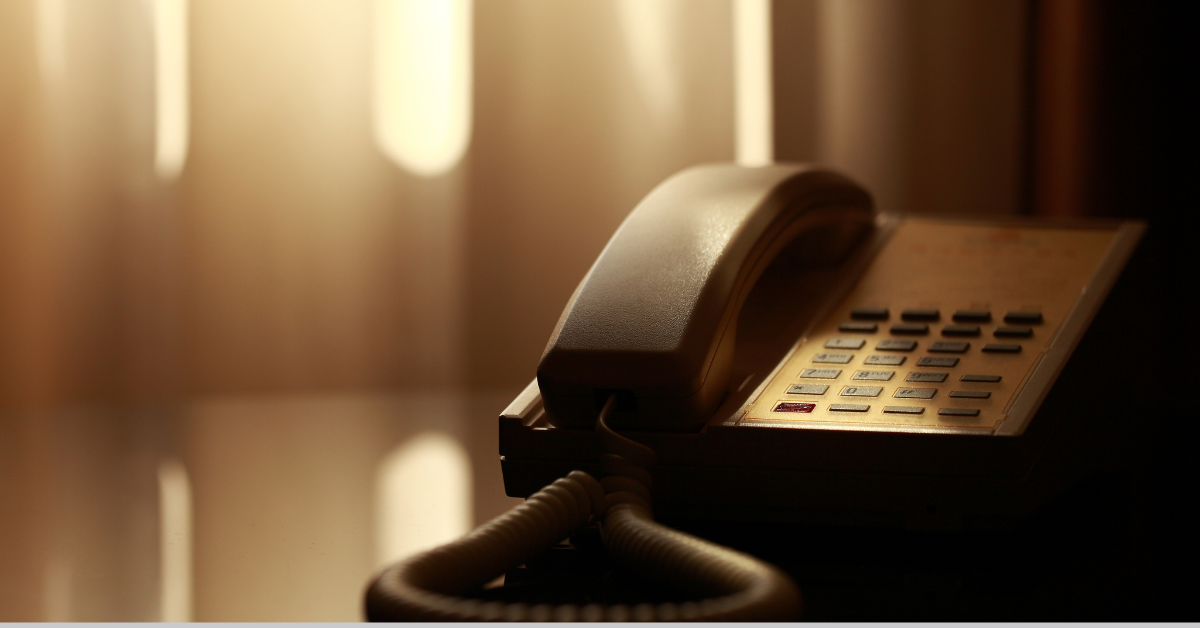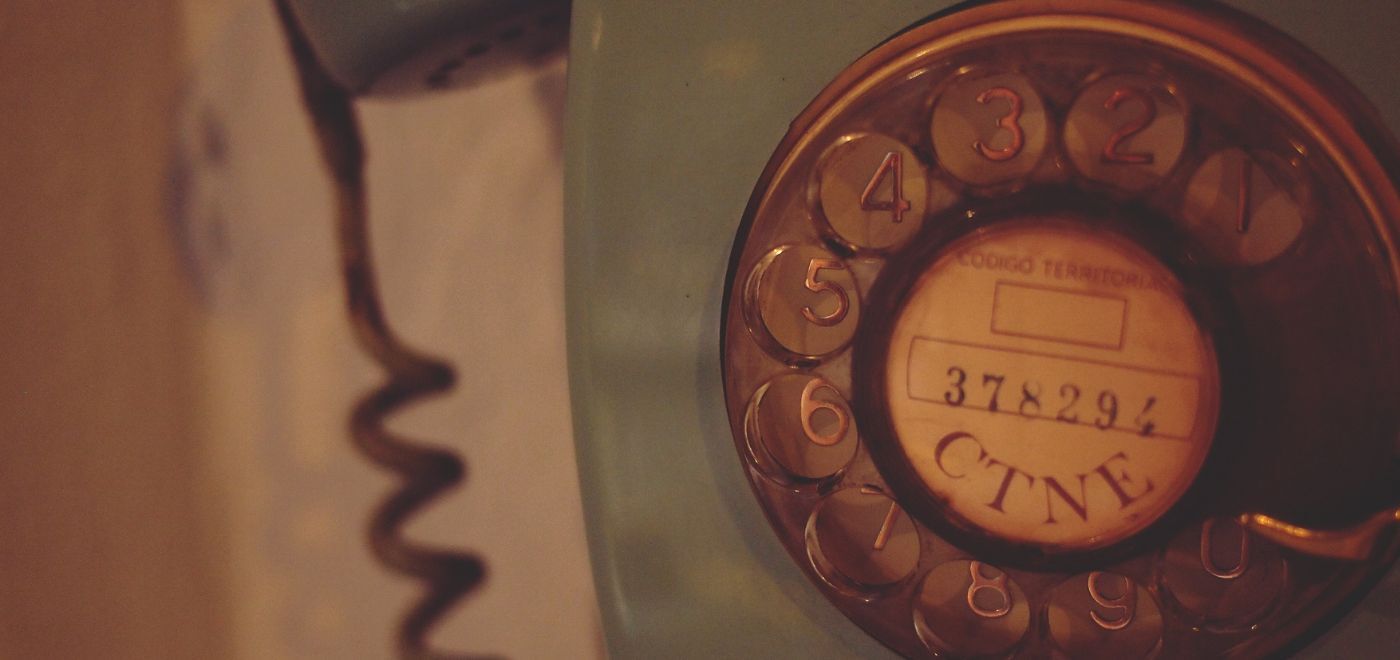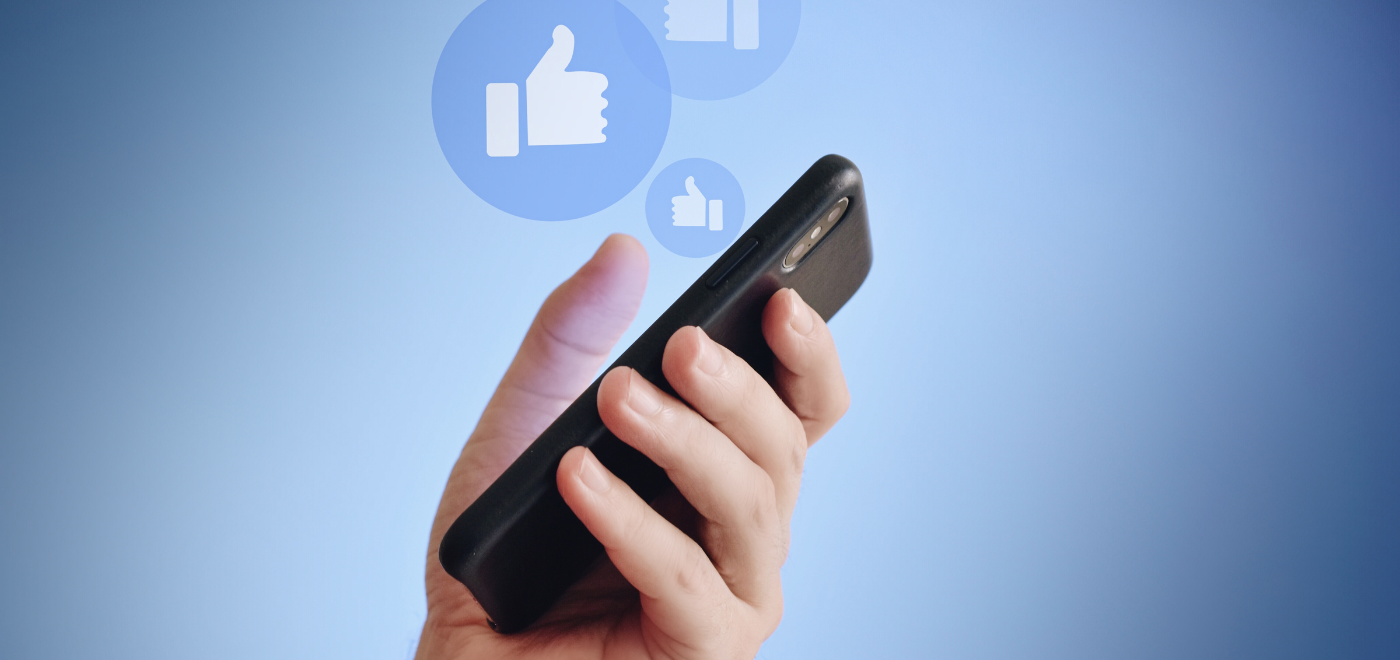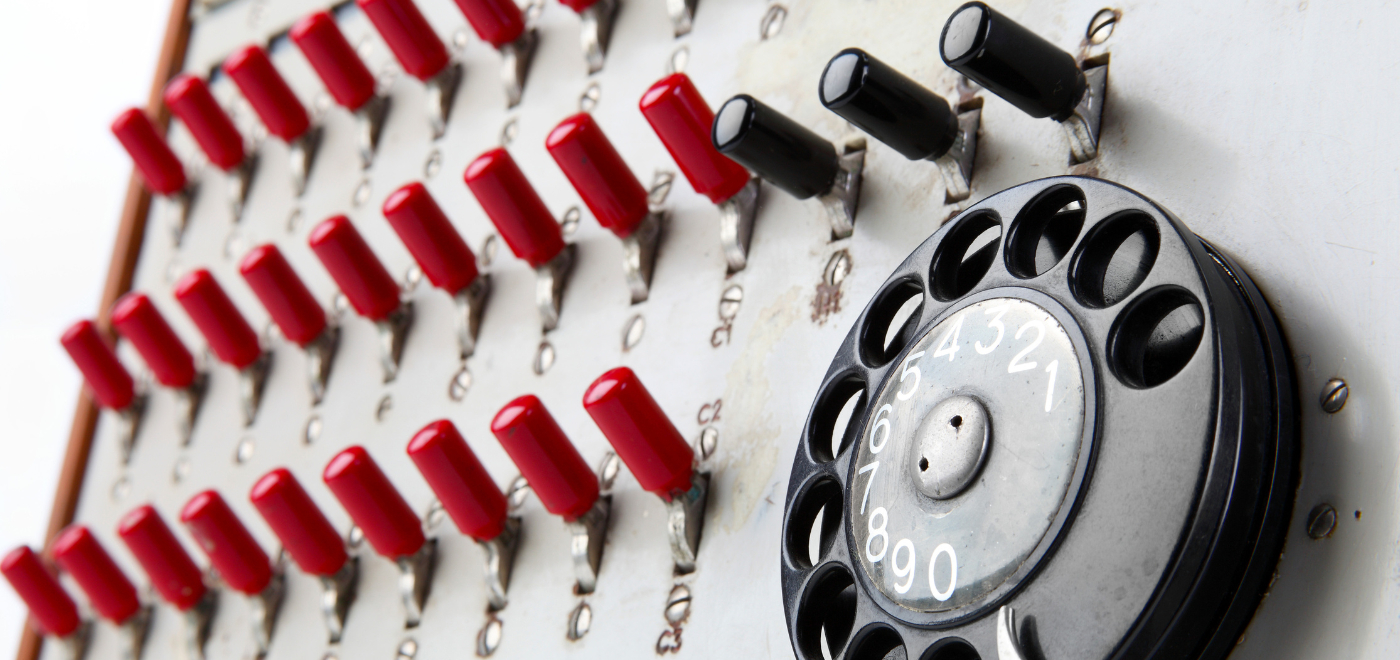![]()
Hotel phone systems used to generate revenue—now they quietly drain your budget. Learn how hotels are losing over $50K each year on outdated phone setups and what you can do to stop it.
Not that long ago, hotel room phones were a reliable source of revenue. Back in the early 2000s, it wasn’t unusual for a hotel to earn several dollars per occupied room per night—thanks largely to high fees for external calls. One 400-room property could bring in half a million dollars a year just from phone use.
But fast forward to today, and those numbers have fallen off a cliff. One 400-room hotel in Berlin recently reported making less than $20 a year from external guest calls. That’s not a typo. Just $20 for the whole property.
So, what changed?
Why Hotels Still Have Phones (Even If Guests Don't Use Them)
For starters, guests stopped trusting hotel phone charges. International calls were once a cash cow, but as rates became infamous (think $10+ per minute), guests quickly shifted to mobile phones, Zoom, WhatsApp, and other personal devices.
Today, hotel phone systems aren’t how guests communicate. Yet, they’re still present in nearly every room. Why?
- Legal requirements: In-room phones are often necessary to meet safety standards (e.g., direct 911/112 dialing).
- Hotel classification: In some countries, a star rating requires phones in guest rooms.
- Internal service: Guests still need to contact reception, order room service, or schedule a wake-up call.
- Sunk cost: Hotels have already invested tens of thousands into PBX phone systems, wiring, and hardware, and removing them feels risky.
But here’s the truth: these phones no longer justify their cost. Even if you keep them for legal or service reasons, most hotels are still spending far more than they should—often without realizing just how much.
Where the Money Really Goes in Hotel Phone Systems
 Let’s break it down. First, there’s the infrastructure trap. That legacy PBX system is far from a one-time expense. A 200-room hotel can spend anywhere from $50,000 to $130,000 on initial setup alone—including servers, in-room handsets, wiring, and technician time. On top of that, annual maintenance and line fees add another $6,000 to $16,000 per year just to keep it running.
Let’s break it down. First, there’s the infrastructure trap. That legacy PBX system is far from a one-time expense. A 200-room hotel can spend anywhere from $50,000 to $130,000 on initial setup alone—including servers, in-room handsets, wiring, and technician time. On top of that, annual maintenance and line fees add another $6,000 to $16,000 per year just to keep it running.
And it doesn’t stop there.
There’s also the labor bottleneck and missed revenue. Every guest call—whether it’s for an extra towel or Wi-Fi info—pulls your front desk staff away from more valuable tasks. Multiply that by dozens of calls each day, and the labor cost alone can hit $40,000 to $80,000 annually.
Meanwhile, these phones don’t sell anything. They don’t promote room service, upgrades, or spa treatments—meaning thousands more in lost upsell revenue. Add it all up, and many hotels are quietly losing $100,000 or more each year by holding onto outdated systems.
How to Turn the Loss Around?
In-room phones have quietly shifted from a guest communication tool to a hidden liability. And the worst part? Many hotels don’t even realize it.
But here’s the good news: there is a way out.
With the right approach, you can not only cut these costs but turn your hotel communication system into a revenue-generating asset.
In Part 2 of this blog series, we’ll explore how forward-thinking hotels are doing just that—without sacrificing guest service. Hint: it involves a complete rethink of what the in-room phone should be in the modern guest journey.
Want to skip ahead? Download the our free guide "The Hotelier's Guide to Hotel Room Phones" and get the full cost breakdown, 12 actionable strategies, and best practices to stop the revenue drain today.
Published on 15 May 2025


.png?width=100&height=100&name=Bastien%204x4%20(11).png)



.png)
